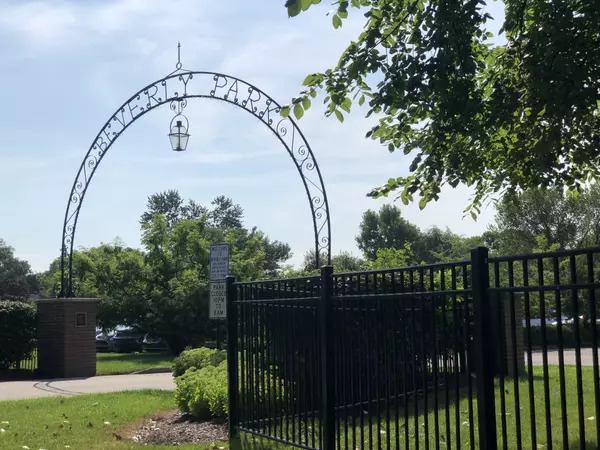

5 Essential Tips for Selling an Inherited Property in Michigan
Inheriting a property can be both a blessing and a challenge, especially when it comes to deciding what to do with the inherited real estate. If you're considering selling an inherited property in Michigan, there are several important factors to consider to ensure a smooth and successful transaction
Read More

Understanding Probate Real Estate in Michigan
Navigating the probate process can be a daunting task, especially when dealing with the complexities of real estate. In Michigan, probate is the court-supervised process of settling a deceased person's estate. This process can be particularly intricate when it involves real estate assets. As a prob
Read More

Personal Representative: The 3 Biggest Challenges and How to Overcome Them
As a seasoned experts in probate real estate in Michigan, we understand the complexities and emotional burdens that come with being appointed a Personal Representative. We understand how challenging and stressful serving as a Personal Representative may be as you are grieving your loss yet you have
Read More

Probate: Understanding the Role and Responsibilities of a Personal Representative in Michigan
Navigating the responsibilities of a Personal Representative (also known as an Executor) during probate can be overwhelming, especially while dealing with the loss of a loved one. As an expert in probate real estate, my goal is to provide you with a clear understanding of what probate entails and
Read More
Categories
Recent Posts










